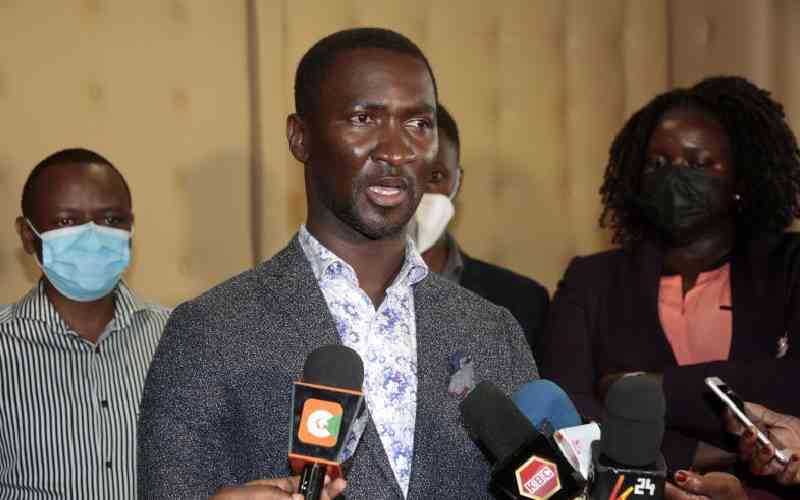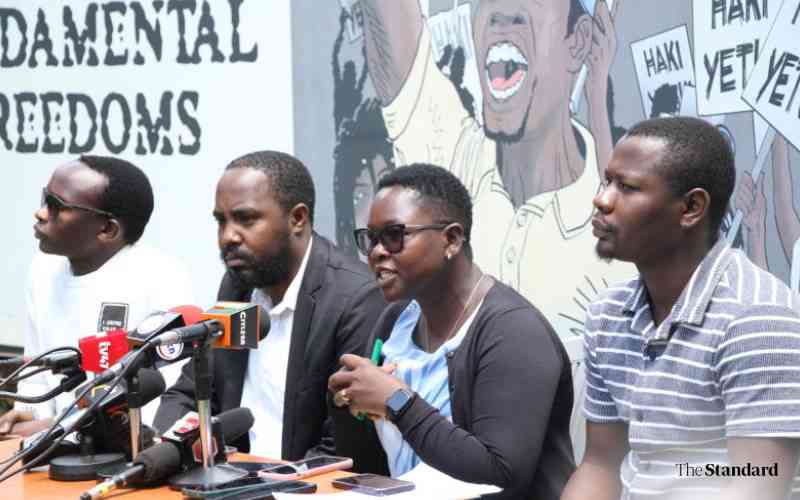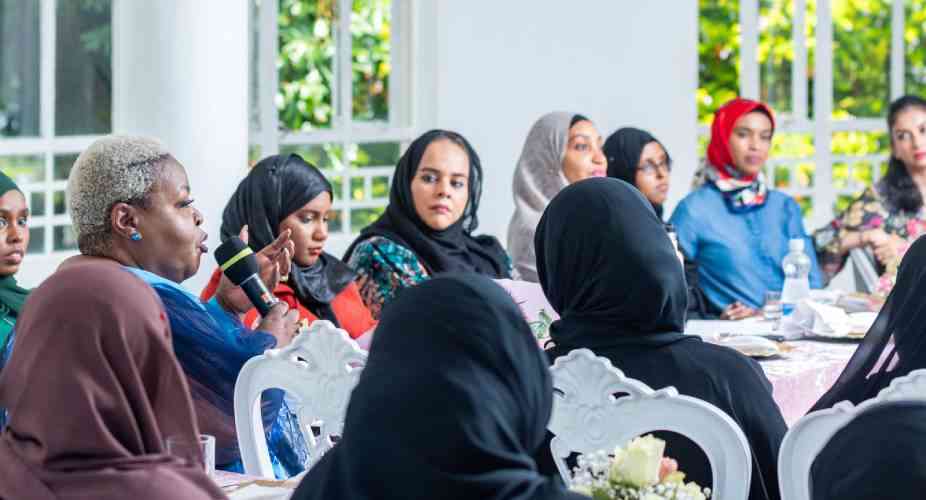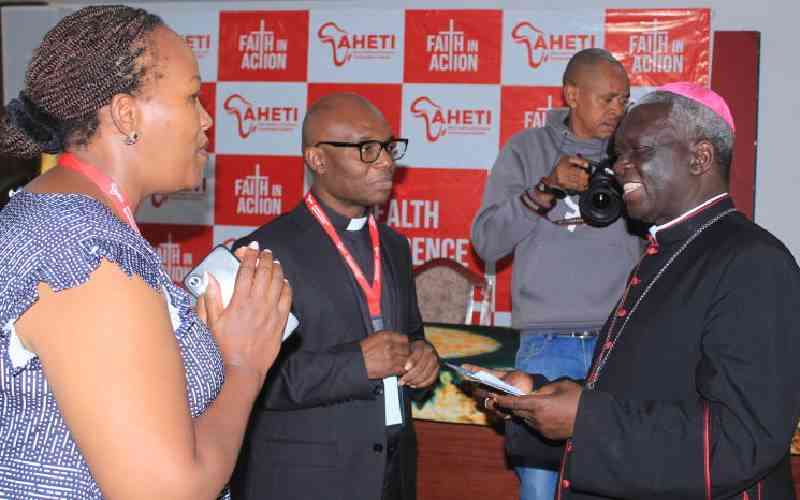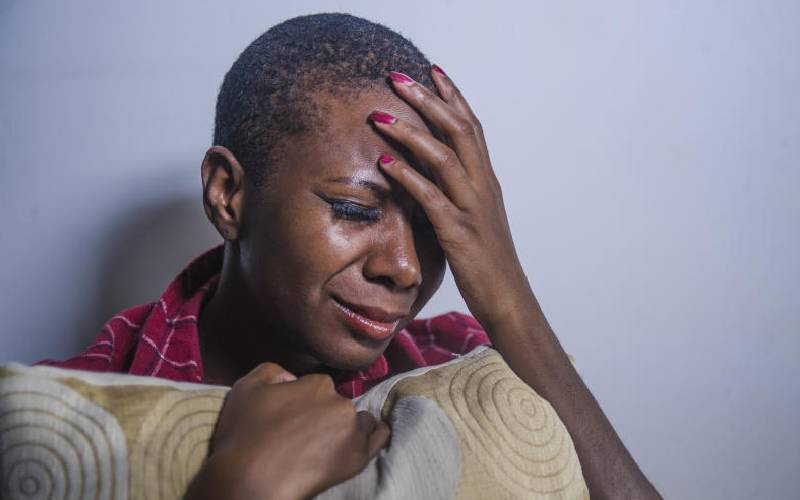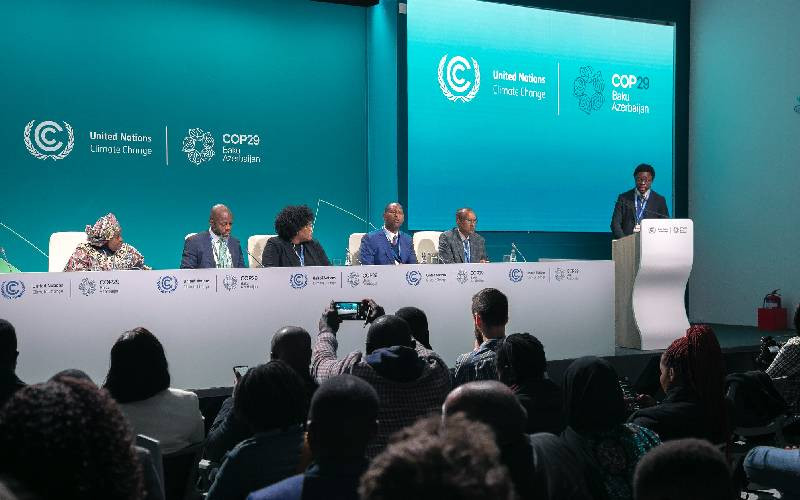
The African ministers at COP29 made it clear that their countries are paying the price for a climate crisis they did not cause. The costs are rising, both financially and in terms of human suffering.
African nations are shouldering a heavy burden due to the global climate crisis. Sub-Saharan Africa spends between $30 billion and $50 billion annually on climate adaptation, equivalent to 2-3 percent of its GDP, while also losing an additional 2-5 percent of GDP due to climate-related damages. This is a harsh reality for the continent. Lives are disrupted, livelihoods destroyed, and economies strained by a crisis that the ministers noted African nations did not create.
Addressing the press, their demand was straightforward: developed countries, historically responsible for the majority of emissions, must fulfill their promises to provide meaningful climate finance. The $100 billion per year commitment, made over a decade ago, remains unmet.
Rohey John, The Gambia’s Minister of Environment and Climate Change, expressed the growing frustration among African nations. She described the promise as a failure, stating, “The $100 billion has not given the result we desired. We have to change.” She emphasized the need for not only more substantial funding but also clearer, more transparent mechanisms to ensure that commitments lead to action. For African nations, this is not about charity—it is about accountability.
Jiwoh Abdulai, Sierra Leone’s Minister of Environment and Climate Change, insisted that terms like “donor” misrepresent the issue. “Don’t use the word ‘donor.’ That implies charity. There is a climate debt that needs to be paid,” he said. Abdulai’s comments underscored the imbalance in the climate crisis: developed nations industrialized through the extensive use of fossil fuels, leaving countries like Sierra Leone to suffer the consequences.
Keep Reading
- Fossil fuels and 'emissions by billionaires' drive climate crisis
- Forum confronts rising temperature data amid high global stakes
- Setback as Africa calls for trillions for mitigation efforts
- Climate crisis leave millions in distress - UN
The impact of inaction is already visible. Zambia’s Green Economy Minister, Mike Elton Mposha, illustrated how climate change is eroding Africa’s progress. “More than 50 percent of our projected harvest has gone to waste because of climate change,” he said. For a continent heavily reliant on agriculture, such losses lead to food insecurity, economic instability, and increased poverty.
Despite their minimal contribution to global emissions, African nations find themselves diverting scarce resources away from development to address climate impacts. Ministers warned that without external financial support, this cycle will only deepen, leaving the region locked in perpetual crisis.
Developed nations have offered assurances, but African leaders remain skeptical. Balarabe Abbas Lawal, Nigeria’s Environment Minister, described the situation as a “mirage.” He pointed to the repeated commitments that fade into the distance as soon as the spotlight of global summits moves on. “The finance issue is becoming a mirage—the more we talk about it, the more it disappears,” he said.
Angola’s representative expressed similar frustration, describing the recurring discussions at international summits as exhausting and unproductive. “We cannot be talking about the same things every COP without proper results,” they said. Their message was clear: this summit must produce tangible outcomes, not more rhetoric.
African ministers are united in their rejection of business as usual. They called for immediate action, not vague promises. Rohey John warned against repeating past mistakes, emphasizing the need for a clear roadmap that includes new financial targets and an expanded base of contributors. Nations like Angola and The Gambia advocated for more inclusive participation from emerging economies that also contribute significantly to emissions.
For the ministers, the stakes at COP29 are existential. The cost of adaptation in Africa continues to climb, while the global response remains inadequate. As Abdulai pointed out, these numbers are not abstract—they represent human lives, communities, and futures. Failure to act now risks entrenching the inequalities that define the climate crisis.
As the ministers spoke, African experts expressed their concerns. Dr. Wafa Misrar, Campaigns and Policy Lead at Climate Action Network Africa, stated, “Our people are paying for a crime they did not commit.” He pointed to floods that have displaced entire communities in Senegal and Mozambique, leaving thousands homeless and jobless.
The costs of climate adaptation alone in sub-Saharan Africa are staggering. Between $30 billion and $50 billion is needed every year to adapt to current impacts. But the funds available fall far short. In 2023, less than $30 billion in climate finance reached Africa, and much of it came as loans.
“These loans are a double punishment,” Misrar explained. African nations are forced to borrow money to address problems they did not create, further draining their resources. Misrar provided a local example: Zambia’s 2023 drought wiped out over 50 percent of the country’s projected harvest and caused an energy deficit in 13 of 15 Southern African nations dependent on hydropower. “We cannot keep borrowing to patch up the damage,” he said.
The experts demanded that climate finance be delivered as grants, not loans. Angola’s Minister of Environment, Dr. Tedd Moya, Director at EED Advisory, described the situation as “modern colonization through climate debt.” She criticized developed nations for using loans to offload their responsibilities onto African economies.
“We are not asking for favors,” said Moya. “We are asking for accountability. Developed nations caused this problem. They must pay for its solutions.”
The ministers outlined clear demands at COP29: Transition from loan-based to grant-based climate finance to avoid perpetuating economic injustices. Deliver the long-promised $100 billion annually, and scale up to the $1.3 trillion required for meaningful climate action in developing nations. Compensate African nations for their conservation efforts, including maintaining biodiversity and acting as global carbon sinks.
African nations are exploring alternatives. Ministers proposed creating regional climate funds within Africa, using mechanisms like the African Continental Free Trade Area to raise resources locally.

